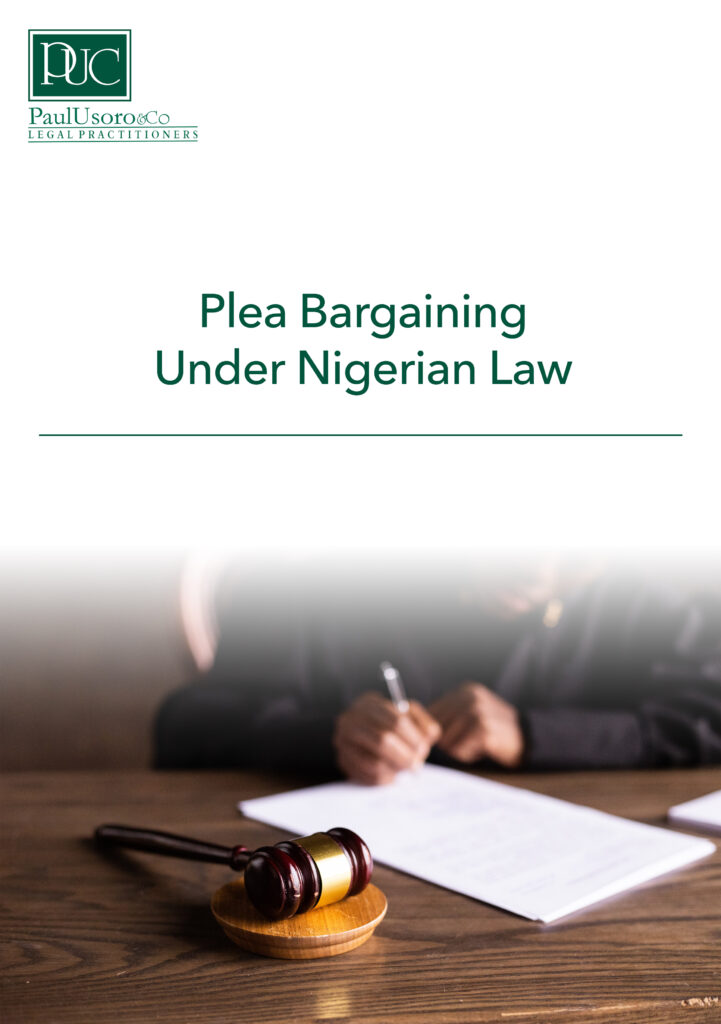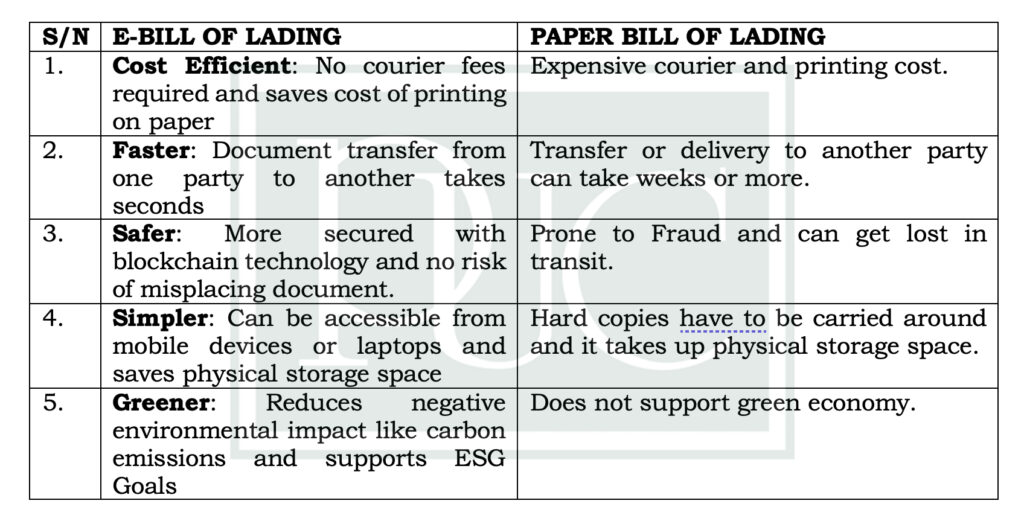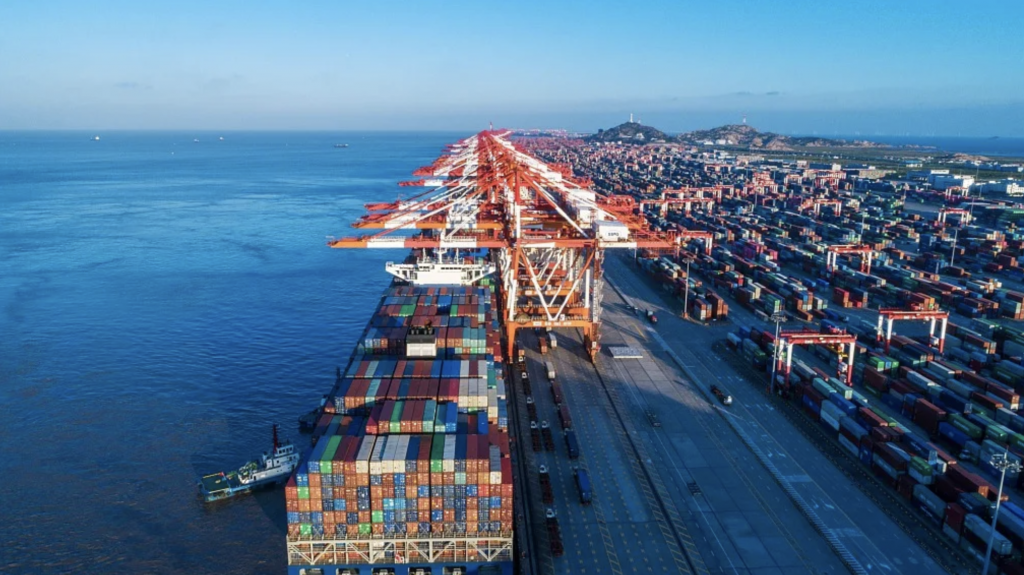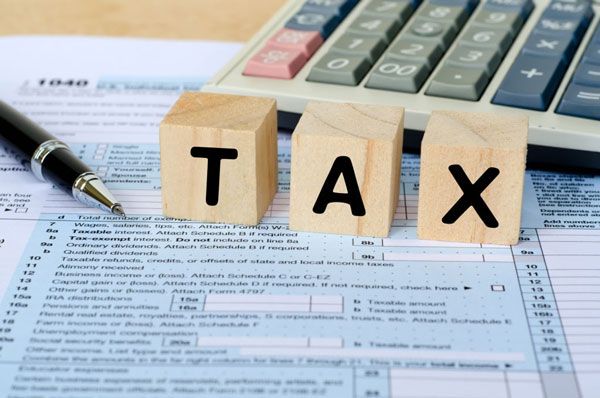You can download the pdf of this article here: Paul Usoro & Co – Minimum Capital Requirements for Nigerian Banks.
Introduction
On 28 March 2024, the apex financial regulatory body in Nigeria, the Central Bank of Nigeria (“the Bank” or “CBN”) issued a circular reviewing the minimum capital requirements for commercial, merchant, non-interest banks, and promoters of proposed banks in furtherance of its statutory responsibility to promote a safe, sound and stable banking system in line with section 9 of the Banks and other Financial Institutions Act 2020 (BOFIA) and section 5 BOFIA which entrusts the power to revoke or vary the conditions of licenses on the Bank.
This paper aims to highlight the implications of the circular vis-a-vis the provisions of the Banks and other Financial Institutions Act, 2020, the Securities and Exchange Commission Rules and Regulations 2013, and other extant laws regulating corporate practices in Nigeria.
Review of Minimum Capital Requirements
The total capital owned by a bank is called the Total Regulatory Capital (TRC) which is the sum of Common Equity Tier 1 (CET1), Additional Tier 1 Capital (AT1), and Tier 2 Capital (T2), net of regulatory adjustments.[1] The Central Bank of Nigeria, in a bid to ensure stability and confidence in the Nigerian banking sector reviewed the minimum capital requirements for banks which shall comprise paid-up capital and share premium only.[2] The circular outrightly restricts ATI and shareholders’ funds for the purposes of meeting the new requirement. Notwithstanding the capital increase, banks are to ensure strict compliance with the minimum capital adequacy ratio (CAR) requirement applicable to their license authorization in line with the extant regulations.
The power of the Bank to review the minimum paid-up share capital requirement of each category of banks licensed under the Act is provided under section 9 BOFIA. Accordingly, the Bank announced an upward review of the minimum capital requirements for commercial, merchant, non-interest banks, and promoters of proposed banks. The Bank further provided three broad options that banks may consider to meet the minimum capital requirements, viz:
- Private placements, right issue and/or offer for subscription;
- Mergers and Acquisitions; and/or
- Upgrade or downgrade of license authorization.
The circular by the Bank reviewing the minimum capital requirements, by implication demands the banks to increase their share capital with either of the restructuring alternatives:
- Private Placement – This is the issuance of securities by a public company which is not quoted on the stock exchange or by a private company upon application by members subject to its articles and approval of the Securities and Exchange Commission (SEC). No public company shall offer securities by way of private placement without the prior approval of SEC.[3] Also, the securities shall not be offered to more than 50 subscribers and it cannot be advertised, mentioned, and/or discussed in the print and electronic media.[4] Essentially, the securities are not offered to the public at large but to targeted individual investors.
- Right Issue – These are offers made to existing shareholders with a duty to pay for the shares otherwise known as Pre-emptive rights. Default in payment, the shares will be relinquished, and the company can take them back and issue it to the public. Rights issue helps to maintain shareholding equilibrium as it enables existing shareholders to maintain their percentage share of ownership and protect current shareholders from dilution in value or control. Rights circular shall be sent to every shareholder and all securities offered by way of rights shall be tradable by the holders thereof only during the offer period.[5]
- Offer for Subscription – This is synonymous with Direct Public Offer. Here, the Company offers its shares to the public through an issuing house. Although, the company, and not the issuing house bears all the risk and liabilities if the public offer fails. Buyers in this category automatically become part owners of the company, hence share in the company’s risks. The terms and conditions of the offer are all contained in the prospectus attached to the offer and the prospectus must conform with the contents as specified under Rules 288 SEC Rules 2013 and Sections 73 and 79 Investment and Securities Act 2007.
- Mergers – This is the amalgamation of the undertakings or any part of the undertakings or interests of two or more companies and one or more corporate bodies.[6] It involves the fusion of two or more corporate entities into one and it occurs when one or more undertakings directly or indirectly acquire or establish direct or indirect control over the whole or any part of the business of undertaking. An undertaking is deemed to have control over the business of another undertaking when the beneficiary owns more than half of the issued share capital or assets of the undertaking; is entitled to cast a majority of votes at the general meeting of the undertaking; is able to appoint the majority of the directors of the undertaking; is a holding company and the undertaking is a subsidiary; has the ability to control majority of the votes of the trustee where the undertaking is a trust; and has the ability to materially influence the policy of the undertaking to exert control.[7] The approval of the Federal Competition and Consumer Protection Commission must be obtained before the implementation of any merger scheme.
- Acquisitions – Acquisition means where a person or group of persons buys most (if not all) of a company’s ownership stake in order to assume control of the target company.[8] Unlike mergers where two or more companies are fused into one and the target company goes extinct, acquisitions are merely the purchase of significant control of the target company. The target company retains its identity, and the acquirer is now only in control of the target company. By Rule 434(a) SEC Rules, SEC is empowered to regulate acquisitions in both private and unquoted public companies through the filing and approval of the requirements for acquisitions by any corporate body or individual.
- Upgrade or Downgrade of License Authorization – Upgrade or downgrade of license can either be carried out by re-categorization and/or conversion of the license type. Re-categorization is the transformation of an institution within the same license type, where the institution is changing its current authorization/category to take up a new authorization/category within the same license type. This change may be upscaling or downscaling of a class of the same institution type.[9] While conversion is the transformation of an institution from one license type to another, where the legacy and proposed entities are licensed under separate regulatory guidelines.[10]
Types of Banks, Authorization Level, and Suitable Restructuring Options
The category of banks affected by the minimum capital requirements circular are commercial, merchant, and non-interest banks with international, national, and regional authorization levels.
Bank types
Commercial banks are financial banks that accept deposits and offer different banking and financial products. On the other hand, merchant banks are financial institutions that engage in underwriting and business loans, catering primarily to the needs of large enterprises and high-net-worth individuals. Non-interest banks (NIB), a species of specialized bank are banks which transact banking business, engage in trading, investment, and commercial activities as well as the provision of financial products and services without the conventional interest charges. Such banks may operate either in accordance with or without Shari’ah principles and rules of Islamic jurisprudence.[11]
Authorization level
An international authorization license confers on the holder the right to carry out banking activities in and out of Nigeria. A national authorization license limits the banking activities to Nigeria while a regional authorization license only enables the holder to carry out banking activities in a minimum of two geo-political zones in Nigeria.[12]
Suitable Restructuring options
No bank shall enter into an agreement or arrangement except with the approval of CBN.[13] Before the commencement of either of the restructuring options, the written consent of the CBN must be obtained. One or more alternatives may be open to a bank although the types of banks and the current authorization level would determine the more suitable restructuring options.
- Commercial banks – The fastest way for commercial banks to meet the CBN threshold for minimum paid-up capital is mergers and acquisitions. The summation of the current paid-up capital of two or more banks would satisfy the required minimum capital requirement. Another alternative is the upgrade or downgrade of license authorization. A commercial bank may choose to recapitalize from an international authorization license to a national or regional authorization license. Other alternatives include offer for subscription, rights issue, and private placement.
- Merchant banks – Private placement and rights issue are more suitable for merchant banks who do not want to be divested of ownership and control. Other alternatives include mergers and acquisitions, and upgrade or downgrade of license authorization. Offer for subscription would only be available to a publicly quoted merchant bank.
- Non-interest banks – non-interest banks may recapitalize by carrying out an upgrade or downgrade of license authorization, by offering its shares to High net-worth individuals via private placement. Mergers and Acquisitions are also viable options although the limited number of non-interest banks may result in the elimination of the growing number of NIB.
Way Forward and Conclusions
Increasing the minimum capital requirements have several positive impacts on the banking sector and the economy at large. The objective of the recapitalization is to ensure that Nigerian banks have the capacity to take bigger risks and weather difficult times. The banks will also have to attract foreign portfolios and direct investors to invest in the capital raise which will increase foreign exchange liquidity in the economy and ultimately support naira stability.[14]
Higher capital requirements ensure that banks are resilient to financial instability. It also strengthens and bolsters the confidence of investors, stakeholders, and depositors in the banking system. While increasing minimum capital requirements may require banks to raise additional capital or restructure their business models, it is pertinent to ensure adequate compliance with extant financial regulatory provisions not to run afoul of the provisions of Anti-money Laundering and Combating the Financing of Terrorism (AML/CFT); and also ensure strict customer due diligence measures is conducted on Politically Exposed Person (PEP), especially for banks who opt for private placement. Section 29(6) places a duty on financial institutions to take reasonable measures to establish the source of wealth and source of funds of customers and beneficial owners identified as PEP.[15]
By
Dolapo Adedeji – Associate
dolapo.adedeji@paulusoro.com
Corporate Transaction Services Section
[1] CBN Guidelines on Regulatory Capital, September, 2021; Pages 5-6 available at (1. GUIDELINES ON REGULATORY CAPITAL.pdf (cbn.gov.ng) accessed on 23 April 2024.
[2] Circular to ALL Commercial, Merchant and Non-Interest Banks; and Promoters of Proposed Banks, Page 2. Recapitalization_MARCH_2024.pdf (cbn.gov.ng)
[3] Rule 340(1) SEC Rules
[4] Rule 340(2)(3) SEC Rules
[5] Rule 324-325 SEC Rules
[6] Rule 421 SEC Rules
[7] Section 92 Federal Competition and Consumer Protection Act, 2018 (FCCPA)
[8] Rule 433 SEC Rules.
[9] Section 4(1) Regulatory Guidelines for Change of Operating License for Banks and other Financial Institutions in Nigeria, Pages 4.-5 Available online at https://www.cbn.gov.ng/Change of Operating Licence.pdf (cbn.gov.ng) (accessed April 2024).
[10] Ibid.
[11] Nigeria Deposit Insurance Corporation, Framework for Non-Interest Deposit Insurance Scheme. Available online at: https://ndic.gov.ng//Framework for Non-Interest Deposit Insurance Scheme – NDIC accessed on 24 April 2024.
[12] Central Bank of Nigeria; Circular to all Regional Banks-Expansion of the Scope of Regional Banks in Nigeria; Ref:FPR/DIR/GEN/CIR/07/057; Available at; HTPPS://Cbn.gov.ng// Circular on Expansion of the Scope of Regional Banks in Nigeria.pdf (Cbn.gov.ng)
[13] Section 7 BOFIA 2020.
[14] Hope Moses Ashike, “What CBN recapitalisation means for banks, economy”, 02 April 2024 – Available at: https://businessday.ng (Businessday NG)
[15] Central Bank of Nigeria (Anti-Money Laundering, Combating the Financing of Terrorism and Countering Proliferation Financing of Weapons of Mass Destruction in Financial Institutions Regulations) 2022.












